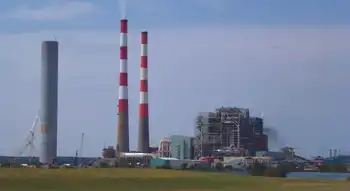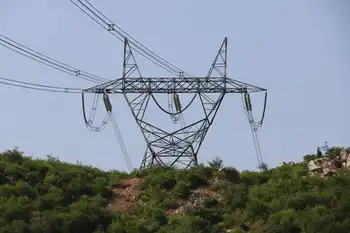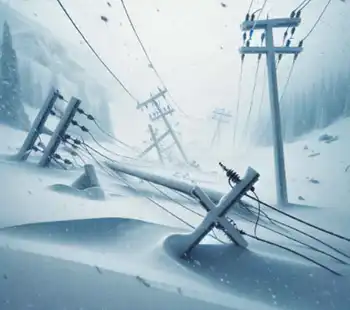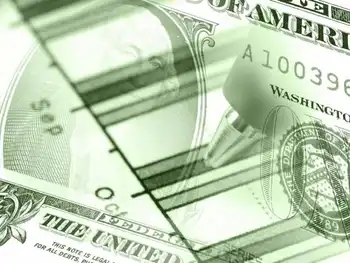Tesla Motors sues designer on competing green car
LOS ANGELES, CALIFORNIA - Electric car maker Tesla Motors has sued a well-known automotive designer it hired to style the body and interior of its electric-hybrid four-door sedan, after the man announced plans for a competing vehicle.
The lawsuit, filed in San Mateo Superior Court in California, accuses designer Henrik Fisker and Bernhard Koehler, the chief operating officer of Fisker's design company Fisker Coachbuild, of fraud, misappropriation of trade secrets, and breach of contract during their year-long effort in 2007 to style the interior and body of the Tesla sedan, called WhiteStar.
The San Francisco law firm that represents Fisker Coachbuild said it does not comment on pending litigation.
Tesla paid Fisker, who has designed for BMW, Aston Martin and other high-end car makers, nearly $800,000 and gave him access to its trade secrets, business plan and proprietary engineering data developed during production of its first vehicle, the Tesla Roadster, the lawsuit said.
Tesla accuses Fisker of purposely providing substandard designs for the Tesla sedan - resulting in a six-month delay of its release to 2010 - while using Tesla's data and holding back Fisker's best designs for his own vehicle.
Shortly after completing services for Tesla, Fisker and Koehler announced they were forming Fisker Automotive to put out a four-door hybrid-electric sedan called the Karma.
"What he did is outrageous," attorney Adam Belsky of Gross Belsky & Alonso, who represents Tesla, said. "Clearly now in retrospect, Fisker had a strong motivation not to provide his best work for them."
The lawsuit asks a court to bar Fisker from using Tesla trade secrets and confidential information in his car design, and to award Tesla lost profits and punitive damages of an unspecified amount.
Related News
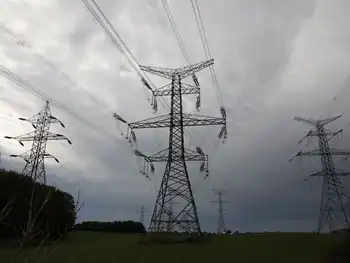
COVID-19 closures: It's as if Ottawa has fallen off the electricity grid
OTTAWA - It’s as if the COVID-19 epidemic had tripped a circuit breaker, shutting off all power to a city the size of Ottawa.
Virus-induced restrictions that have shut down large swaths of normal commercial life across Canada has led to a noticeable drop in demand for power in Ontario, insiders said on Friday.
Terry Young, vice-president with the Independent Electricity System Operator, said planning was underway for further declines in usage, given the delicate balance that needs to be maintained between supply and demand.
“We’re now seeing demand that is running about 1,000 to 2,000 megawatts less than we would normally see,”…

